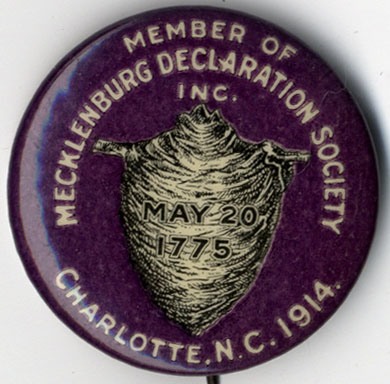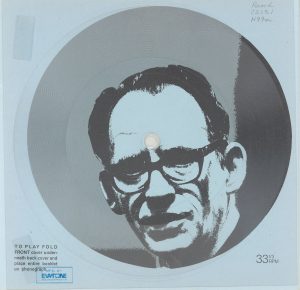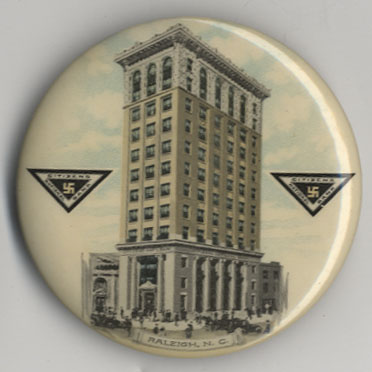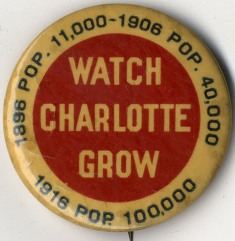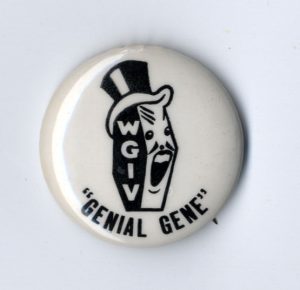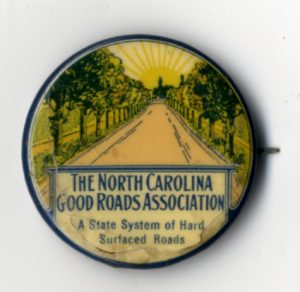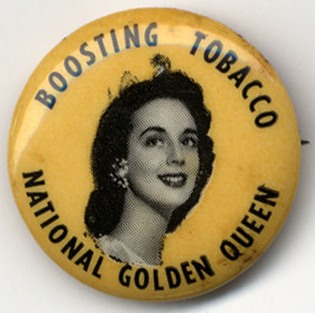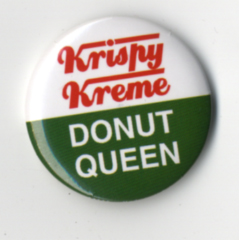
“I spent many hours happily gazing at doughnut machines but avoiding doughnuts until last summer, when the Krispy Kreme doughnut craze began to sweep New York and I got hooked. The modest, clean Krispy Kreme doughnut store on W. 23rd Street, with its retro green Formica tables and red and green neon ‘Hot Doughnuts Now’ sign, has become a shrine, complete with pilgrims, fanatics, converts and proselytizers — the sort of religious experience New Yorkers like me are far more receptive to than the ones that actually involve God. The Krispy Kreme Original Glazed doughnut is yeast-raised and light as a frosted snowflake. It is possible to eat three of them in one sitting without suffering any ill effects….
“The store on W. 23rd Street has its problems — neighbors complain about the constant smell of sugar and frying oil — but they are not financial. The [owners] say the store will gross more than a million dollars in its first year, and in December they opened a second store in Harlem across from the Apollo Theatre.”
From “Sugar Babies” by Nora Ephron in The New Yorker (Feb. 17, 1997)
Alas, the intervening years have been cruel to Winston-Salem’s “religious experience,” and nowhere more so than in New York City, where as best I can tell only the Penn Station location remains.
Pictured: Gift shop pinback button, probably unauthorized.
